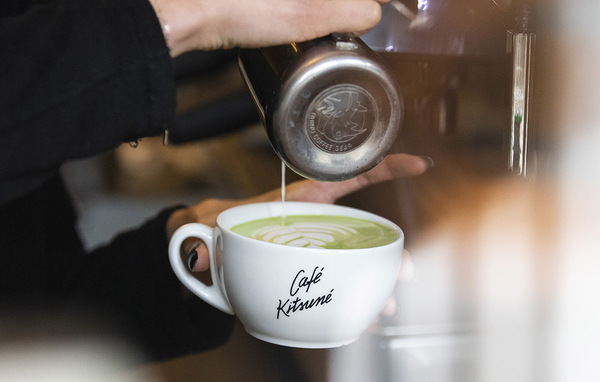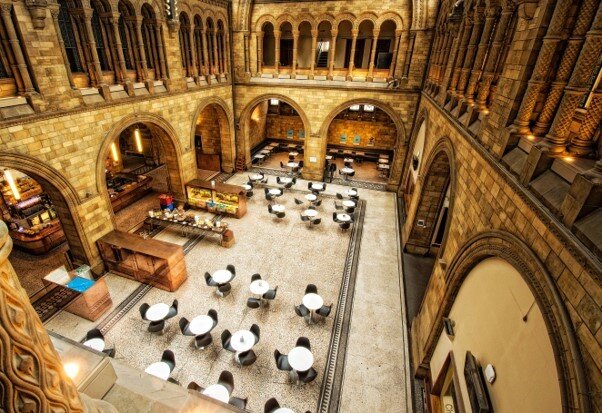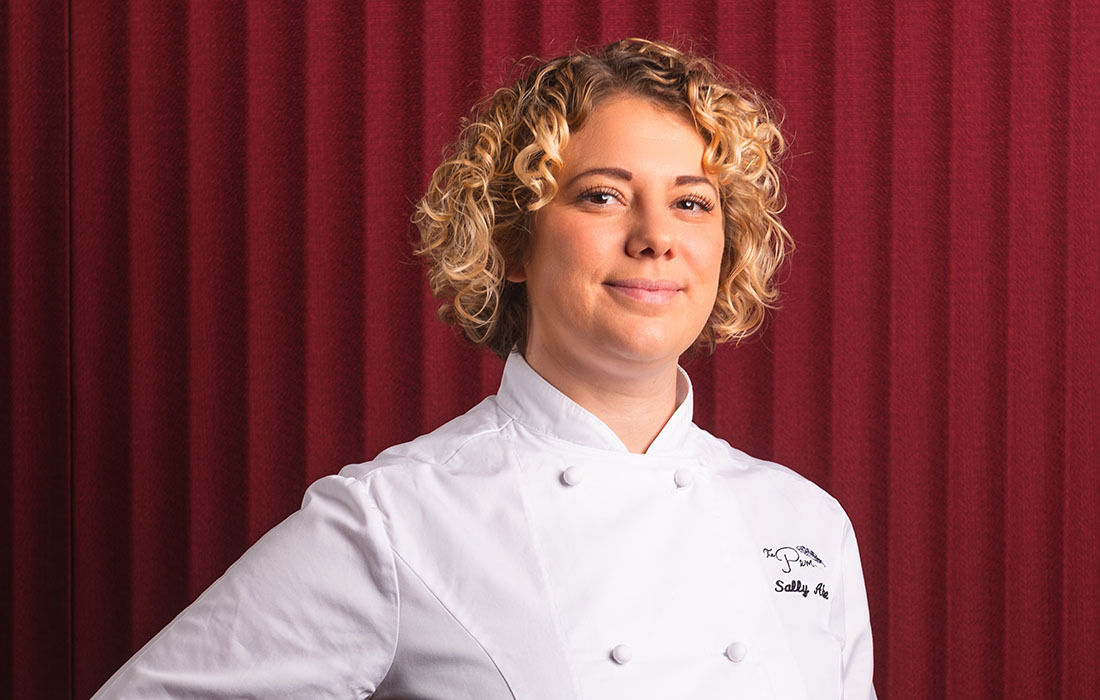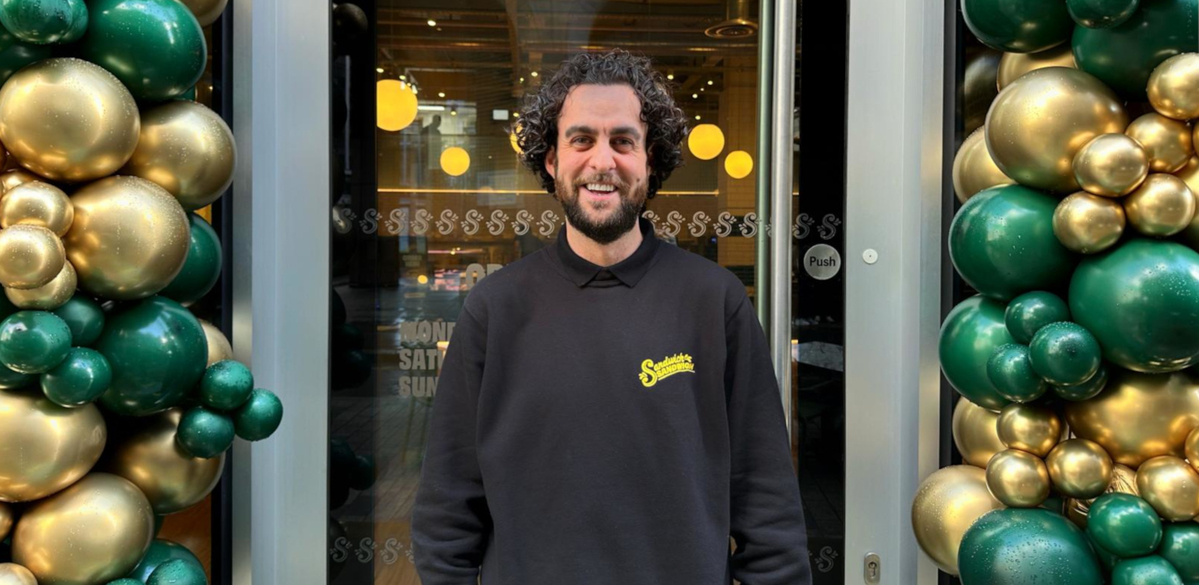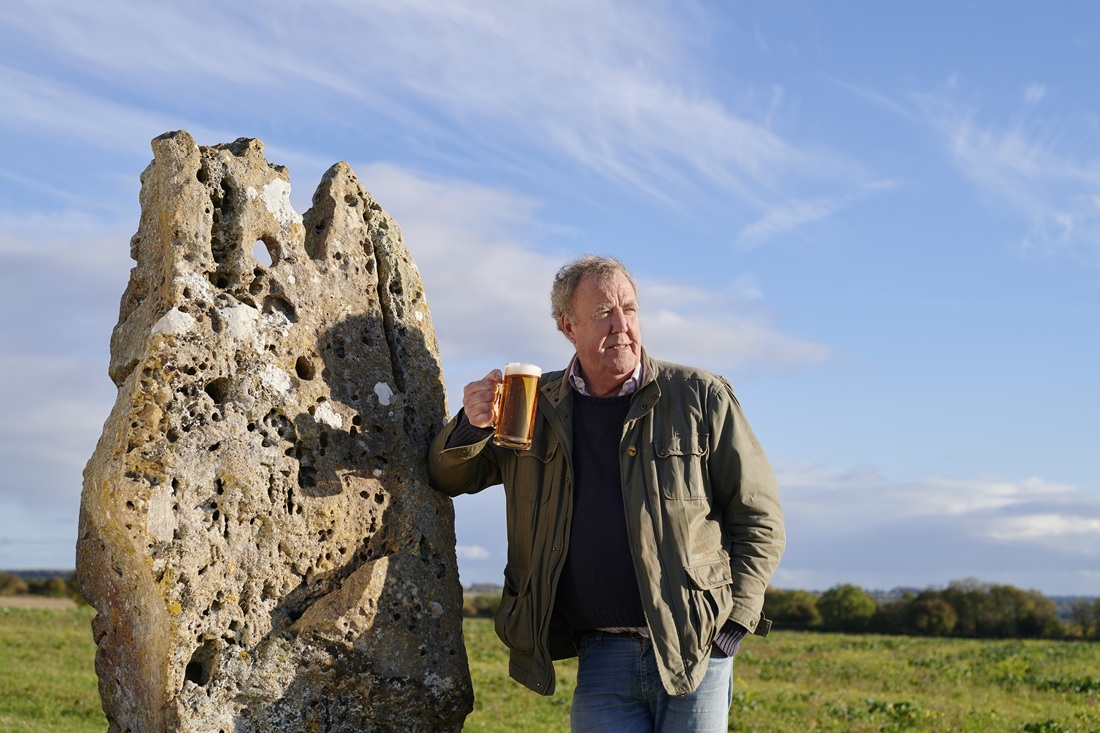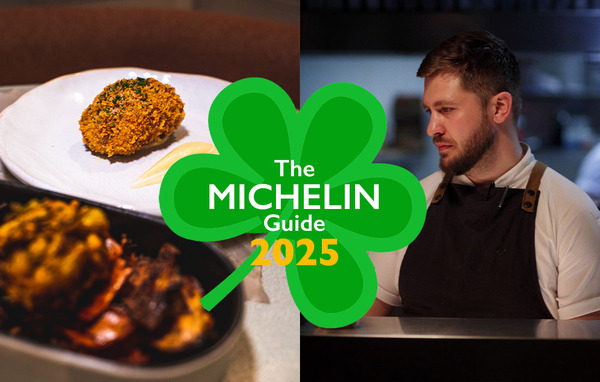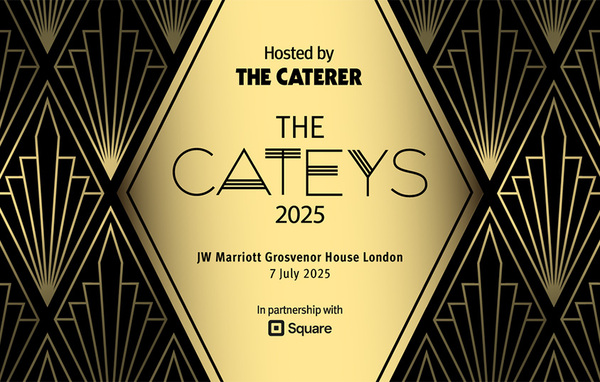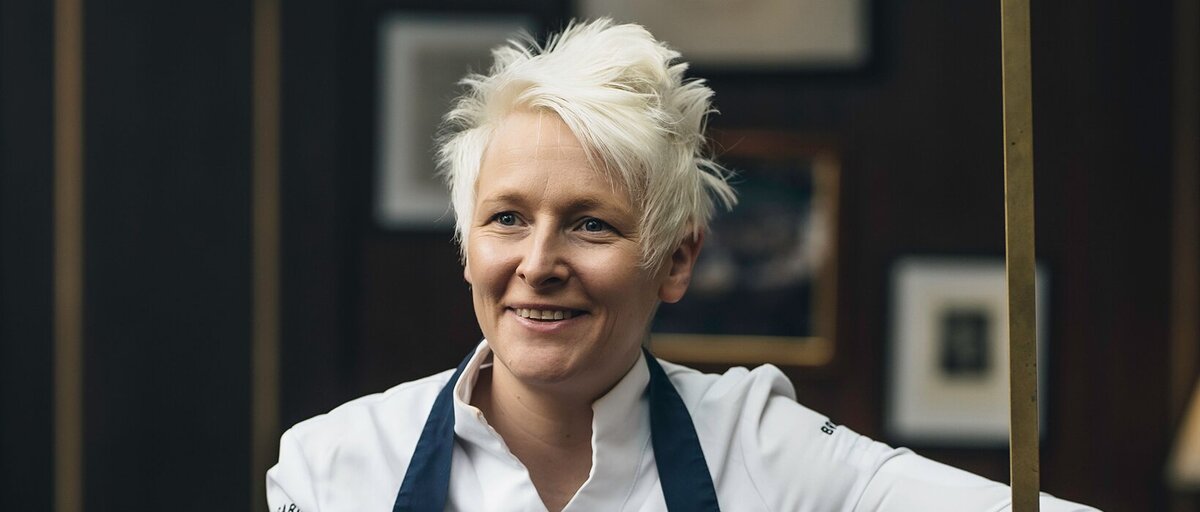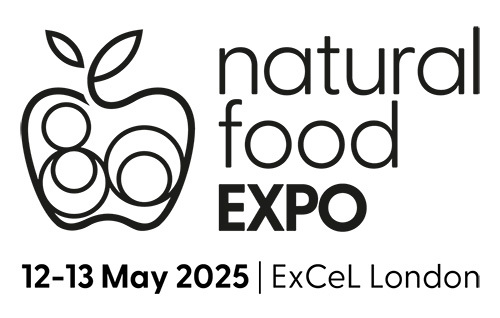Benugo pilots carbon food labelling with the Natural History Museum
Benugo is partnering with the Natural History Museum (NHM) to carbon label the London museum’s cakes and chilled food.
The partnership hopes to help visitors make informed choices about the environmental impact of the food they buy from the museum’s cafes and restaurants.
Benugo is working with data analytics company Nutritics to label its client’s food, using its automated carbon labelling system Foodprint which scores the levels of carbon impact with A being the most climate-friendly food choice.
“We want to give our customers the option of making informed choices to reduce the carbon emissions associated with chilled food purchased from our sites at the museum,” said Shane Kavanagh, commercial director at Benugo. “Using the Nutritics Foodprint solution enables us to use software we already successfully deploy for our nutritional calculations. It allows us to treat carbon in the same way we treat a nutritional value, applying it to every food and drink item for which we have a recipe.”
Following the pilot, Foodprint will be applied across the entire range of Benugo’s own food and drink and expanded to other Benugo sites. Speaking earlier this week at The Caterer's sustainability summit, Mike Hanson, director of sustainable business for WSH – the parent company of Benugo – said: “It can seem daunting and really scary where we need to be, but concentrating on incremental improvements is important.”
He added: “It’s not good enough to just stick a label on a product and expect customers to know what that means. It’s really important that it’s about engagement and giving the customer enough information to make an informed choice.”
Robert Wetherell, head of events and catering at Natural History Museum, added: “The museum’s vision is of a future where both people and planet thrive and our mission is to create advocates for the planet that are informed, confident and motivated to make decisions, get involved, and use their influence and actions to drive positive change for the planet's future. The new carbon labelling for the cakes and food sold from the fridges of our cafes and restaurants will support visitors who want to make an informed choice based on environmental impact.”
Stephen Nolan, Nutritics MD, said: “The climate crisis is the most important issue of our generation and Foodprint will help put the hospitality sector on a path to more responsible sourcing, as well as help consumers understand the environmental impact of their food choices.”


